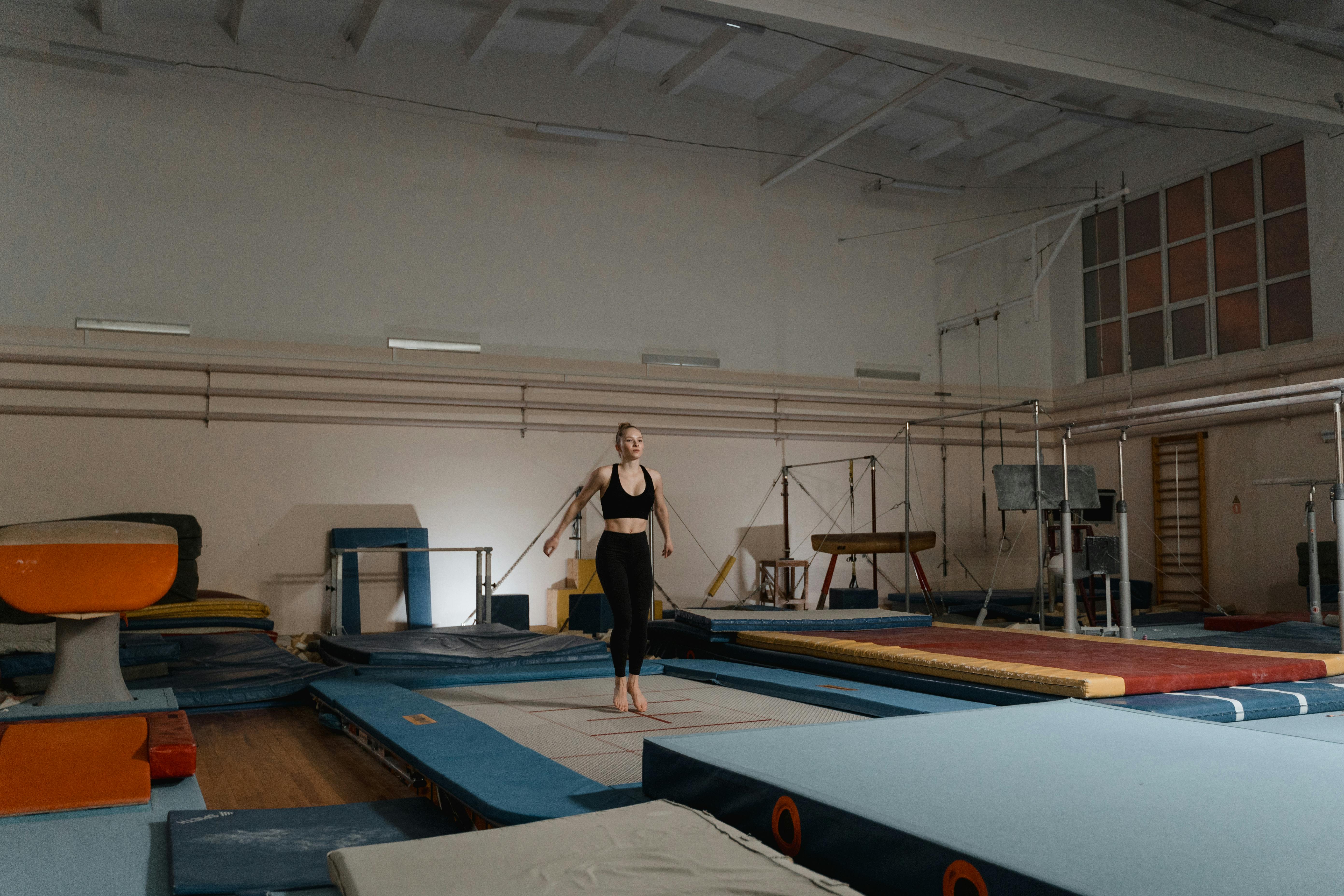By now, most people, if not all, are aware of Bernie Madoff and his $50 billion Ponzi scheme. The news has reported a lot about how this has impacted many people. In Palm Beach, FL, many people, properties, and organizations lost money in the scheme. There is another affected group that is not covered as often because they invested directly; and those are the families in need, and they lost twice. Local charities in every state depend on the generosity of generous donors. There are also several foundations that provide funds to help local organizations implement their programs.
As a result of some recent economic events, including the poor performance of the stock market, declining wages for some people, and an increase in the national unemployment rate, we can only begin to imagine that the need in local communities will be greater. With household finances declining, more people will seek assistance from local organizations to help them get to the other side of the current economic stumble. The number of people applying for unemployment compensation continues to grow. The media has already reported an increase in need evidenced by the number of people applying for daily survival assistance through government programs such as Medicaid and Food Stamp. As parents with limited funds continue to strive for gainful employment, programs like childcare and camps will be in high demand this summer. Unfortunately, many school districts are looking for ways to reduce expenses and are less likely to be able to add summer extensions to help meet these needs.
How does Madoff’s scheme affect your community?
- The Ponzi scheme included foundations that fund victim programs at local organizations. It is very likely that there is an organization in your community or in the neighboring community that receives money from those who were victims.
- Individual donors with lower amounts of discretionary funds are less likely to give, or more likely to give less than their normal contributions.
- Agencies that receive less funding will be able to serve fewer families, even when there are more families seeking assistance.
- Communities with greater needs and reduced assistance become more vulnerable.
When a child is able to spend time away from home, attending school or a camp, for example, they are exposed to:
- Continuous learning opportunity. They acquire knowledge throughout the school year and at the camp they continue the learning process to reinforce the work of the previous year.
- An opportunity to interact with peers of the same age and continued social growth and development
- Supervised and guided activities, which limits the opportunities they have to engage in less constructive or more dangerous activities.
- Reduces the risk of becoming victims of child abuse for children who are at risk of being abused because parents are not overwhelmed by hyperactive children who need constructive involvement and children spend time with other caring adults who can notice and Address warning signs of child abuse.
All this sounds good for children, but where is the benefit for the rest of the community? Well, it’s in prevention. By increasing and promoting wellness and limiting risk, the community saves on the cost of treatment. If a child is at camp in a supervised setting, that child is less likely to be out in the community and get hurt or damage property while trying to find entertainment. When a child is at camp, the unemployed parent may continue to work for gainful employment instead of being at home, at the risk of venting frustration over a child they feel is bothering them when all they want is to find an activity. interesting. A child at camp continues to learn, practices positive social interaction skills, and participates in a structured setting, reducing the need for re-teaching when he returns to school in the fall. There are many ways people can help even when they can’t make the major contributions of the past. It is simply a matter of finding the right initiative.
Many people did not personally lose money and do not seek help, but the impact still extends to them. Whether or not they use them, community members pay the cost of the services. At a time when the common theme in state budgets is to cover the deficit, many services are reduced or eliminated. Investing in prevention means reducing the amount spent on treatment, and this is important because treatment is generally more expensive than prevention.
Adversity really is a part of life. Resilience; however, it must be pursued and maintained. These difficult days are providing an opportunity for people to take a stand. To quote Nike, “just do it!”
© 2009 Judi Cinemas


